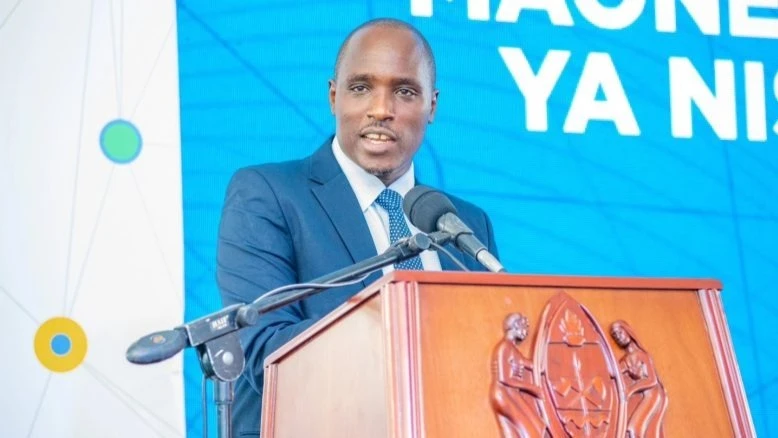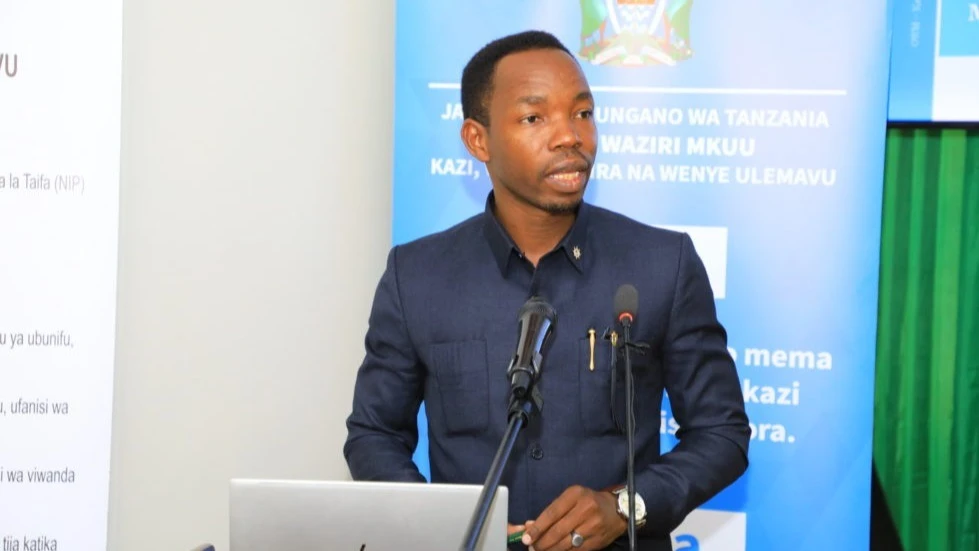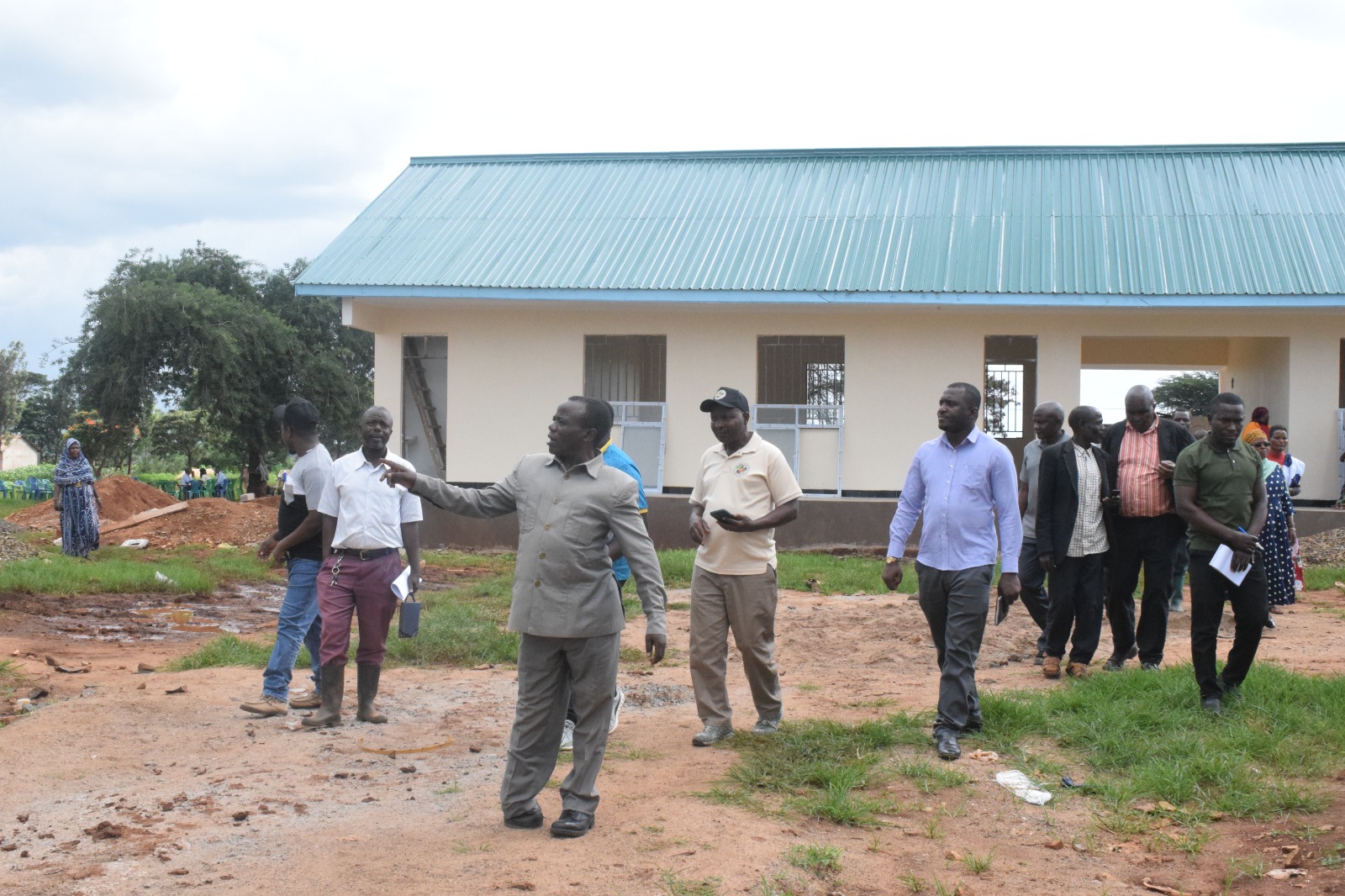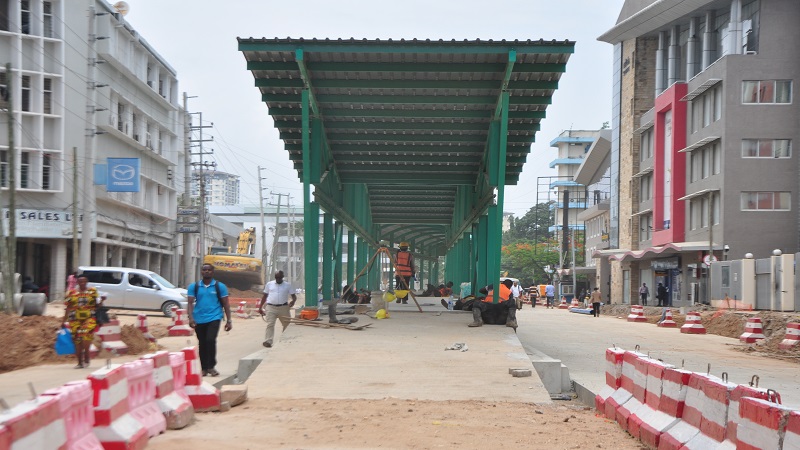Philanthropist, spiritual leader Aga Khan IV passes away at 88

PRINCE Karim Al-Hussaini, widely known as Aga Khan IV, has passed away at the age of 88. A revered spiritual leader of millions of Ismaili Muslims and a distinguished philanthropist, he leaves behind a profound legacy in global development and humanitarian efforts.
A statement released yesterday by the Diwan of the Ismaili Imamat confirmed that the 49th Imam of the Ismaili Muslims and founder-chairman of the Aga Khan Development Network (AKDN), passed away peacefully on February 4 in Lisbon, Portugal, surrounded by his family.
“A direct descendant of Prophet Muhammad through his daughter, Hazrat Bibi Fatima, and son-in-law, Hazrat Ali—the fourth Rightly Guided Caliph and first Shia Imam—Prince Karim Aga Khan inherited the Imamat from his grandfather, Sir Sultan Mahomed Shah Aga Khan III, in 1957 at the age of 20,” reads the statement.
“For 67 years, he provided spiritual guidance to over 15 million Ismailis across more than 25 countries while championing global humanitarian causes. A visionary leader, he promoted Islam as a faith of reason, compassion, and dignity, advocating for peace, pluralism, and human development.”
As the founder and chairman of AKDN, Aga Khan IV established one of the world’s largest private international development organizations, dedicated to healthcare, education, cultural preservation, and economic development in vulnerable regions. His efforts extended beyond the Ismaili community, benefiting people of all backgrounds and faiths.
Aga Khan IV’s contributions to Tanzania date back over a century, beginning with the establishment of the first Aga Khan Girls’ School in Zanzibar by his grandfather, Aga Khan III.
In 1991, the government of Tanzania and AKDN formalized their partnership through an agreement of cooperation, strengthening socioeconomic development initiatives. Under Aga Khan IV’s leadership, AKDN significantly expanded its impact in Tanzania, with key projects in healthcare, education, cultural preservation, and economic development.
AKDN has operated hospitals and clinics in Tanzania for over 50 years. In 2019, the Aga Khan Hospital in Dar es Salaam underwent a major expansion, dramatically improving access to specialized medical services. Additionally, the Aga Khan University has trained 750 nurses, strengthening the country’s healthcare workforce.
In education, the network has supported initiatives from early childhood programs to higher learning. The Madrasa Early Childhood Programme in Zanzibar has benefited over 10,000 children, while Aga Khan Schools have provided quality education for decades.
The Aga Khan Trust for Culture has played a pivotal role in preserving Tanzania’s cultural heritage. It has restored 11 historic buildings in Zanzibar’s Stone Town, including Forodhani Park, the Old Dispensary, and the Old Customs House, safeguarding the country’s rich history and promoting tourism.
Aga Khan IV’s vision for economic development included investments in financial services, tourism, media, and manufacturing, creating employment opportunities and contributing to Tanzania’s economic growth.
The 50th hereditary Imam has been designated and will be announced following the reading of His Highness’s will in the coming days. Funeral arrangements will be communicated shortly.
Aga Khan IV’s passing marks the end of an era of extraordinary leadership and service. His enduring legacy of humanitarianism and development will continue to inspire generations.
Top Headlines
© 2025 IPPMEDIA.COM. ALL RIGHTS RESERVED






















